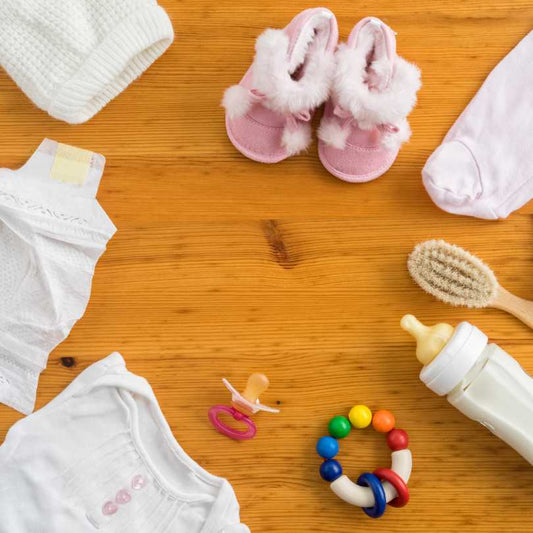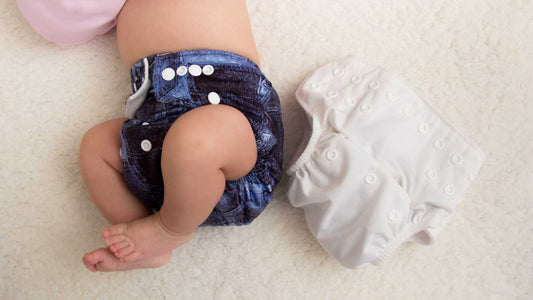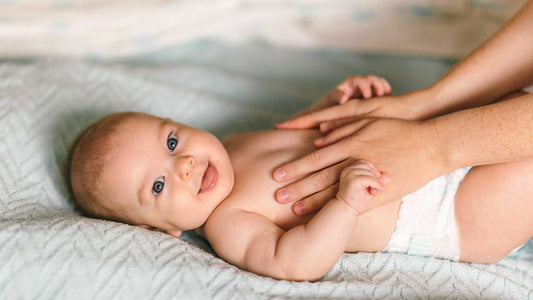
A baby's first steps are an unforgettable experience for parents and family members. It's a time filled with joy and pride, but also with worries and concerns. How can you support your baby as they learn to walk? How can you prevent injuries and falls? This article answers these questions and offers tips and tricks to support your baby's first steps.
Recognizing the first signs of your baby's first steps
Babies often give clear signals when they're ready to take their first steps. Here are some signs to look out for:
-
Standing without support: When your baby can stand on his or her own without holding on to anything, he or she may be ready to take his or her first steps.
-
Crawling: Crawling is an important part of the transition from moving on all fours to walking.
-
Interest in standing and walking: If your baby wants to stand up to reach something that is out of his reach, he may be ready to take his first steps.
Supporting your baby in the first steps
You can support your baby in his or her first steps by doing the following:
- Take safety measures: Make sure your home is safe by removing any potential tripping hazards and ensuring there are no objects your baby can injure themselves on.
- Provide toys: Toys that encourage walking and standing can encourage your baby to take their first steps.
- Exercises and activities: Playing, dancing, and singing can all help strengthen your baby's muscles and balance. There are also specific exercises that can help your baby learn to walk safely and confidently.
- Give space: Give your baby enough space to try out their first steps, but be nearby to support and protect them if they stumble or fall.
How can you avoid injuries and falls?
It's important to avoid injuries and falls while your baby is learning to walk. Here are some tips to help:
-
Expect falls: Falls are part of the learning process, so expect them and prepare yourself for how you will react if your baby trips or falls.
-
Appropriate shoes: Make sure your baby wears appropriate shoes that provide enough support and protection to the feet.
-
Non-slip floors: Check if the floors in your home are non-slip and make any necessary changes to avoid injuries.

FAQs about baby's first steps
- When should I start encouraging my baby?
You can encourage your baby from around 6 months of age by giving them space to crawl and stand, and by encouraging them to strengthen their muscles and balance through play.
- How long does it take for a baby to take its first steps?
Every baby is different and develops at their own pace. Some babies take their first steps as early as 9 months, while others don't begin until 15 months.
- What should I do if my baby is afraid of walking?
If your baby is afraid of walking, give them time and space to get used to it. Support them with their first steps, but don't overwhelm them. Also, practice playful activities regularly to build their confidence and motor skills. Communicate with them and show them that you are there to help. Praise their progress, even if it is small, and celebrate their successes together. Avoid forcing or pushing them, as this can only worsen their fear of walking. Patience and encouragement are key to helping your baby develop confidence in their own abilities and overcome their fear of walking.




